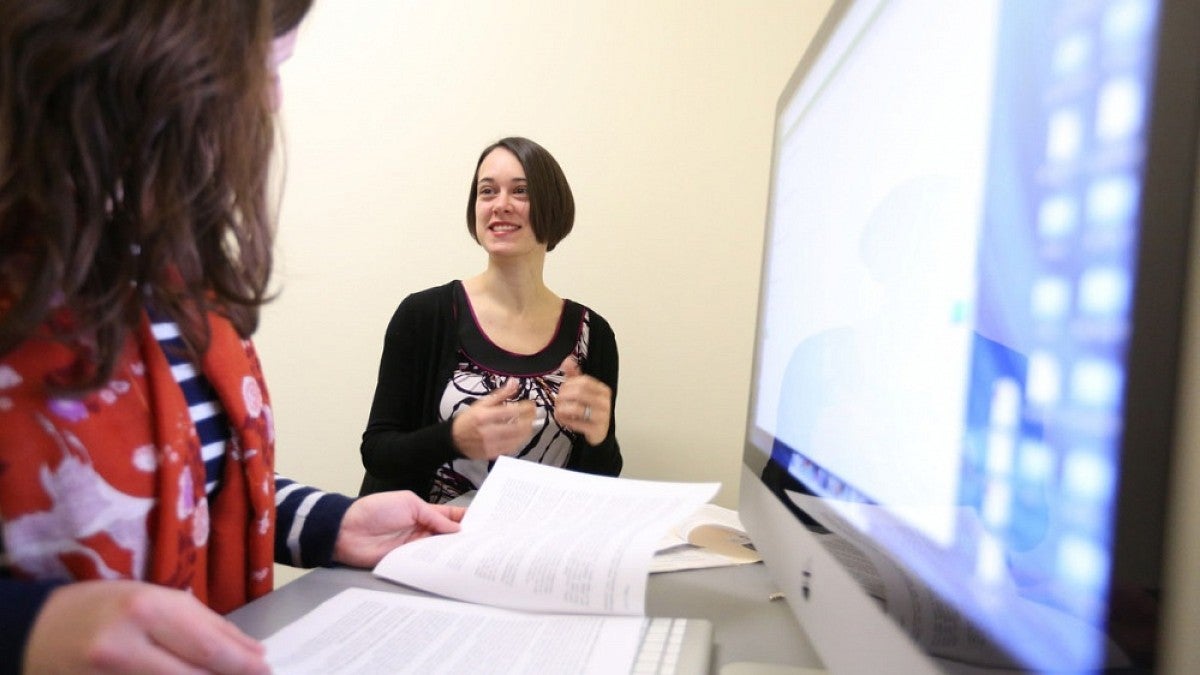Open Oregon Educational Resources has awarded four grants, totaling more than $101,000, to University of Oregon faculty members who proposed innovative ideas for textbook and resource solutions.
Open Oregon is a state-funded organization that promotes textbook affordability, offers grants for faculty, and adapts and authors open educational resources. Funding was given to proposals and projects that upheld the Open Oregon mission that combine high impact, cultural inclusivity and collaboration.
Awards were given to:
Dyana Mason, Introduction to the Nonprofit Sector (PPPM 280): Awarded for her course text and outline, Mason brings theory to practice by incorporating real-world organizations and case studies while allowing students to interactively click on articles, blogs, videos, sites and more.
Julie Weise, Latinos in the Americas (HIST 248): This groundbreaking project, “Teach in Spanglish: Latinx History,” is the first on a national level to provide a full curriculum using historical text and students’ familiarity with Spanish to teach them deeper skills for engagement. Students will analyze their relationship between language and power while affirming their bilingual abilities.
David Hollenberg and Hanan Elsherif, Introduction to Arabic (ARB 101, 102, 103): This collaboration has developed an innovative way to replace the required reading material for Arabic 100-level courses. Their “Arabic Without Limits” platform will provide easily accessible modules with audiovisual instructions to allow students to not only complete but master the course material.
Michael Young, Boyana Norris and Ram Durairajan, Introduction to Computer Science 1 and 2 (CIS 210, 211): In an attempt to replace current texts, this team is working to develop interactive learning materials that will take students through a full computer science curriculum. From trying out a snippet of programming code to building a full-stack web application, the open textbook will guide students in a creative way.
“I’m excited to provide support to these faculty authors over the next two years as they develop these projects,” said Rayne Vieger, coordinator of e-learning and open educational resources. “These projects support our overall goals to improve textbook affordability at the UO, as outlined in our textbook affordability strategic plan. Even beyond cost savings, though, these grants represent the faculty members’ commitment to inclusive and innovative teaching practices that will enrich the UO student learning experience.”


